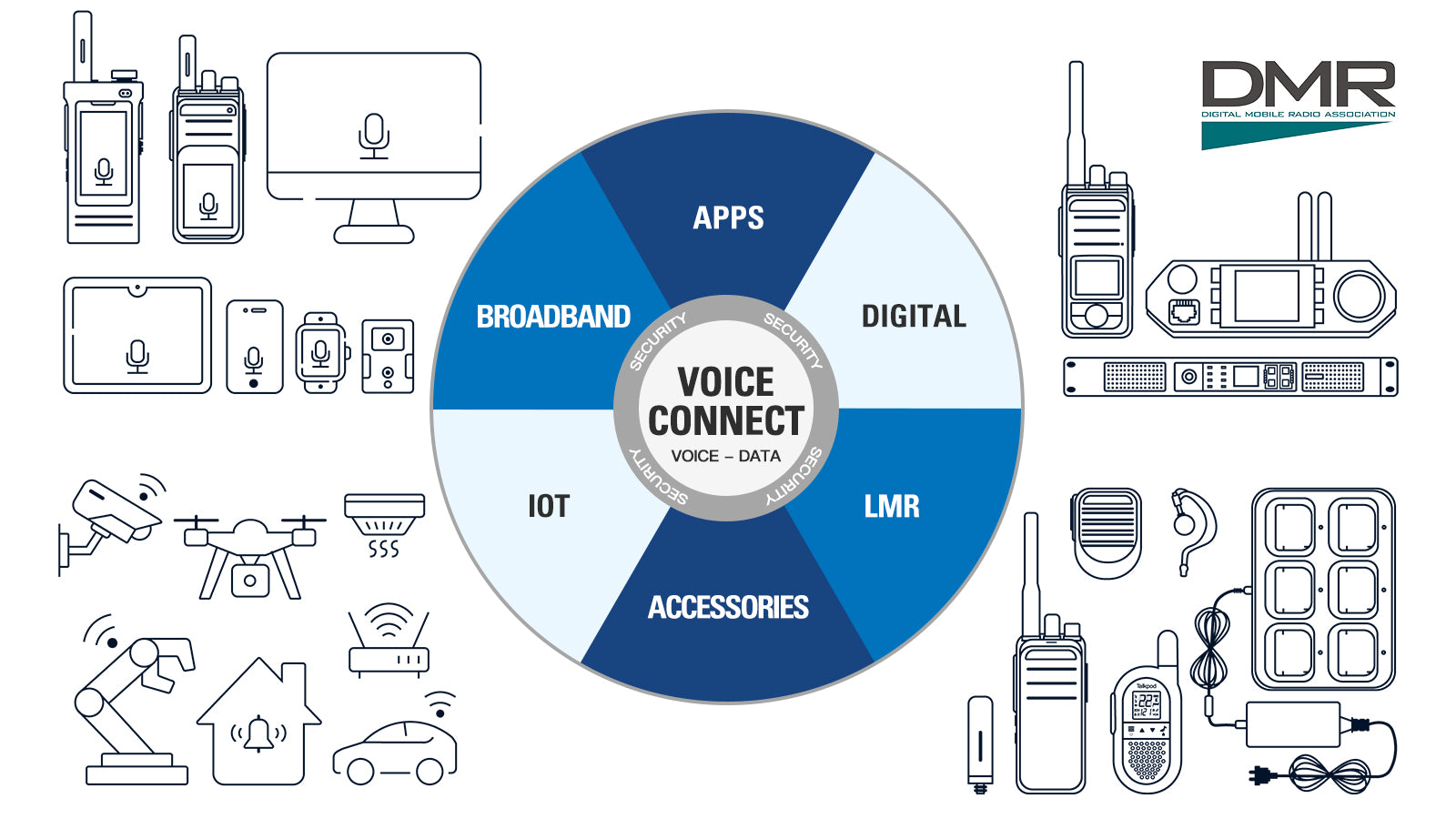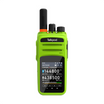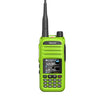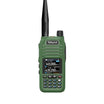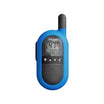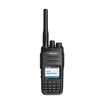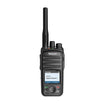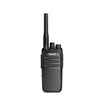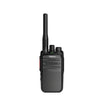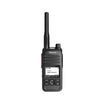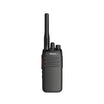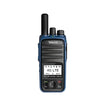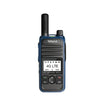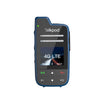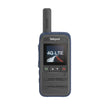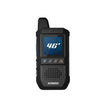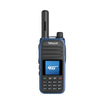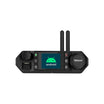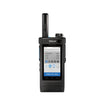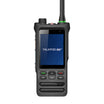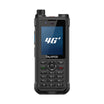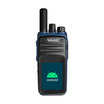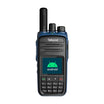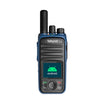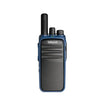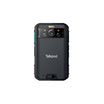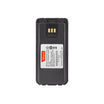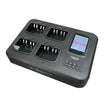What is Authentication in Two-Way Radio Communication?
Authentication in the realm of two-way radio communication is a critical security measure that involves verifying the identity of users or devices attempting to access the network. This process ensures that only authorized individuals or radios can communicate over the system, thereby safeguarding sensitive information and preventing unauthorized access. It's akin to confirming a person's identity by checking their ID before granting them entry into a secure location.
How Does Authentication Work in Two-Way Radios?
Authentication in two-way radios typically operates through several methods, including password protection, digital certificates, or unique hardware identifiers. When a user attempts to access the radio network, the system compares the provided credentials against a pre-validated set. If the credentials match, access is granted. This process can be likened to a digital handshake, where the radio and the network mutually verify each other's legitimacy before communication begins.
Advanced two-way radio systems might employ more sophisticated mechanisms, such as encryption and biometric verification, adding layers of security that make unauthorized access increasingly challenging. Furthermore, modern digital radio platforms may integrate with broader security systems, requiring authentication before users can access additional resources or networks.
Why is Authentication Important in Two-Way Radio Communications?
The importance of authentication in two-way radio communications cannot be overstated, especially in sectors where secure and confidential communication is paramount, such as public safety, military operations, and private security. Here are the main reasons why authentication holds significant value:
- Security: Prevents unauthorized users from accessing the network, ensuring that sensitive information remains confidential and secure.
- Integrity: Maintains the integrity of the communication system by ensuring that messages are sent and received by legitimate users, preventing false information dissemination.
- Accountability: With authentication, every communication can be traced back to a specific user or device, promoting responsible use and facilitating accountability in case of misuse.
- Compliance: Meets legal and regulatory requirements for data protection and privacy, especially relevant in industries with stringent security standards.
Conclusion
Authentication serves as a foundational element in the security framework of two-way radio communication systems. By verifying the identity of users and devices, it ensures that only authorized entities can access and communicate over the network. As threats to communication security evolve, so too must the authentication methods used to counter these risks. Investing in advanced authentication technologies and practices is essential for any organization that relies on two-way radios for critical communications, ensuring that their operations remain secure, reliable, and efficient.


